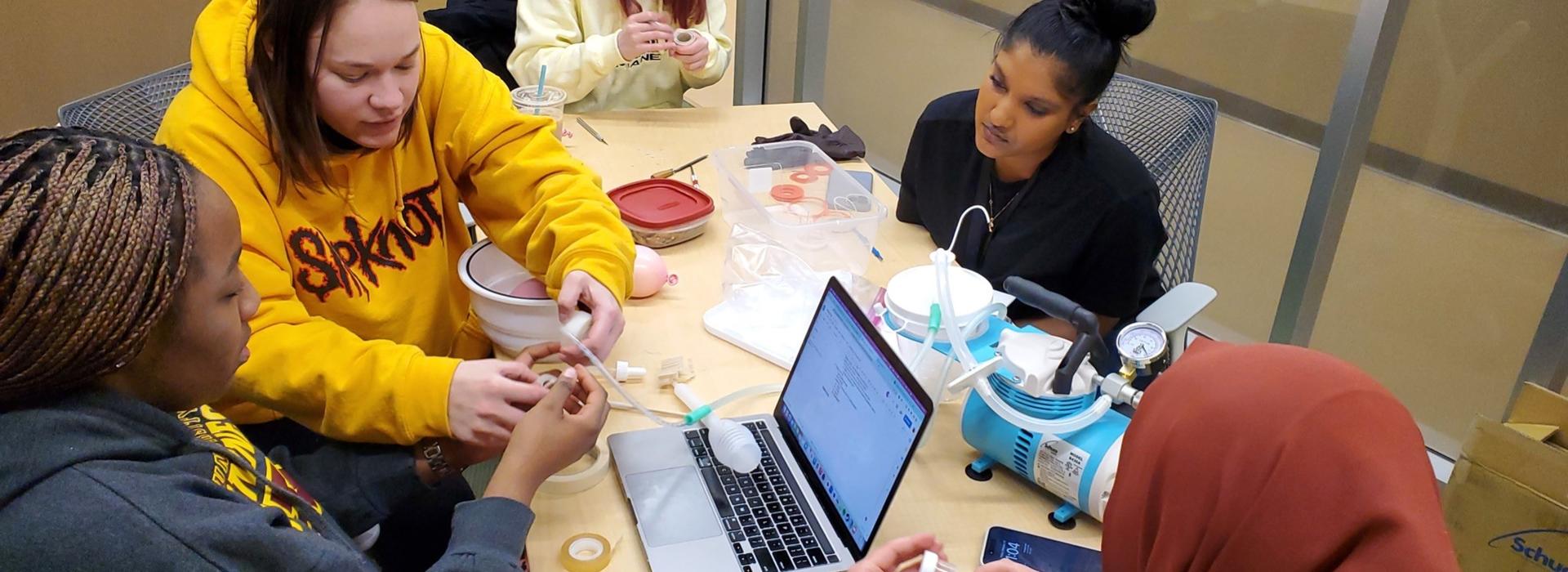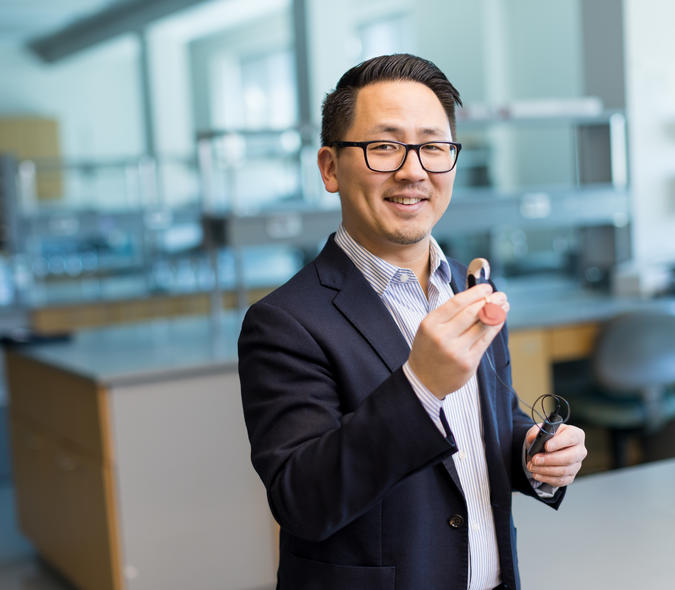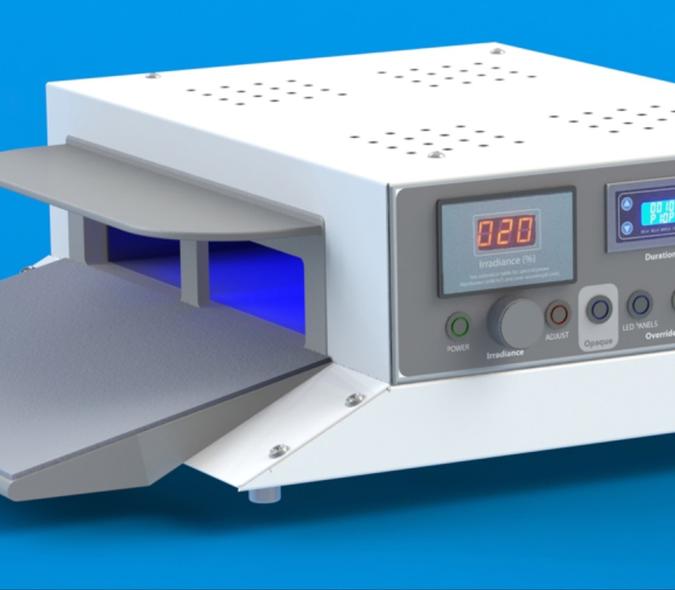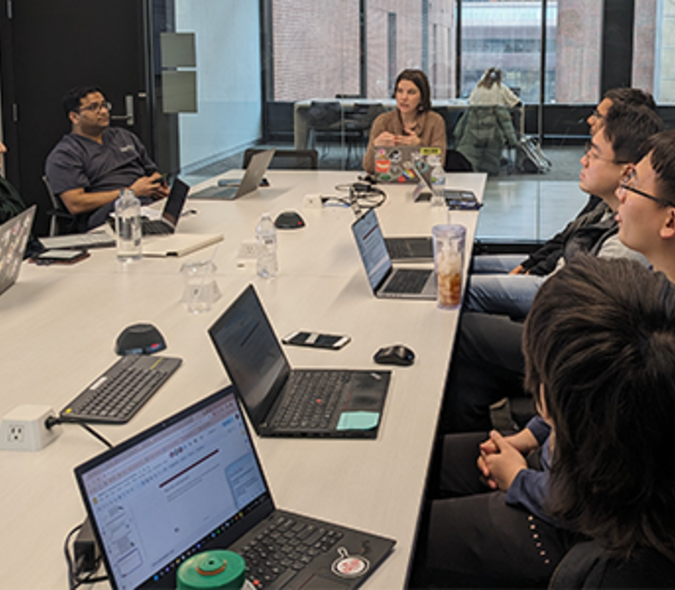
A New Force for Mentoring
The University of Minnesota, Morgan State University, and the National GEM Consortium are collaborating to create the Mentoring for the Formation of Research Careers in Engineering (M-FORCE), a program to help students – especially those from underrepresented backgrounds – navigate the pathway to research-based engineering careers.
The initial idea came from Rhonda Franklin's own experience in graduate school. “When I was first thinking about grad school for engineering, I didn't necessarily know what that meant in terms of career opportunities. There was no roadmap or person to show me all the options for an engineering career,” says Franklin, a professor of electrical and computer engineering. Fortunately, she met excellent mentors and professors throughout her graduate education, but knows that that is not everyone’s experience. “When I think about my friends from graduate school, some of them stopped after getting a master’s degree and some didn’t go on towards successful academic or industry career paths.” Why? According to Franklin, they simply didn’t get the encouragement or know how to pursue a research-based career.
Many engineering students still experience this, especially those who are first-generation or from underrepresented backgrounds. The current support system in engineering departments tends to assume that students come in knowing exactly what they want to do and that they’ll be matched to the right professor based on those initial thoughts. But that simply isn’t true, according to Franklin. Many students do not know what they want to do or what all the options are in an engineering career, especially those related to research. Further, they don’t know who is a trusted source to gain that type of information.
To change the current support system in graduate school and guide more students toward successful engineering careers, Franklin co-created M-FORCE through a grant awarded by NSF. In collaboration with the National GEM Consortium, a program whose mission is to increase the participation of students from underrepresented backgrounds at the master’s and doctoral level in STEM fields, M-FORCE aims to help engineering students from the University of Minnesota and Morgan State University build supportive communities, envision research-focused engineering career pathways, and develop professional communication skills along with an understanding of innovation and entrepreneurship.
The first phase of M-FORCE launches this spring at each university and will focus on helping students develop a deeper understanding of their own interests. Activities will include mentorship training events led by Howard Adams, a past Executive Director of the GEM Program and President of H.G. Adams and Associates. M-FORCE will also host panels on graduate school resources, trans-disciplinary research centers and institutes, and different engineering research areas that students can engage in on their campuses. Additionally, there will be an “Introduction to Graduate School” event for undergraduates in collaboration with the GEM Program. The second and third phases of M-FORCE will launch in 2024-25 with a focus on career exploration and mapping, professional communication, and networking skill development in collaboration with faculty from both universities and GEM alumni.
“This really is a first-of-its-kind type of program,” says Carla Pavone, a co-leader of the program and retired faculty member at the Carlson School of Management. To Pavone, the program is truly multi-faceted for students, focused not only on helping attain degrees but also guiding students to discover and craft their own career paths. Adams is most excited to show students and faculty how important mentorship is for students early in their careers. “A good mentor can change a person’s life and the different career paths they take,” says Adams. “With the design of this program, it will have an impact beyond my lifetime and make a true change in the number of engineers from underrepresented backgrounds in the STEM research field.”
Although M-FORCE has just launched, Franklin is already looking toward a wider future for the program. “Funding for the program currently ends in 2028, but we hope to determine a strategy with our core campuses to collaborate with other higher education environments and different sectors such as industry and government to continue and expand the program,” says Franklin. “We will focus on disseminating the most effective parts of the M-FORCE model and advancing student career development by using models that embed mentoring into the fabric of a students experience.”
Students (current upper division undergraduate, potential graduate, and current graduate) interested in participating in the M-FORCE activities should contact mforce@umn.edu. The activities are geared toward engineering students in the College of Science and Engineering and the Mitchell School of Engineering at Morgan State University, but are also open to all STEM students at both campuses. Franklin notes that while M-FORCE strongly encourages students who are first-generation engineering students or from underrepresented backgrounds to engage, all students are welcome to participate.



